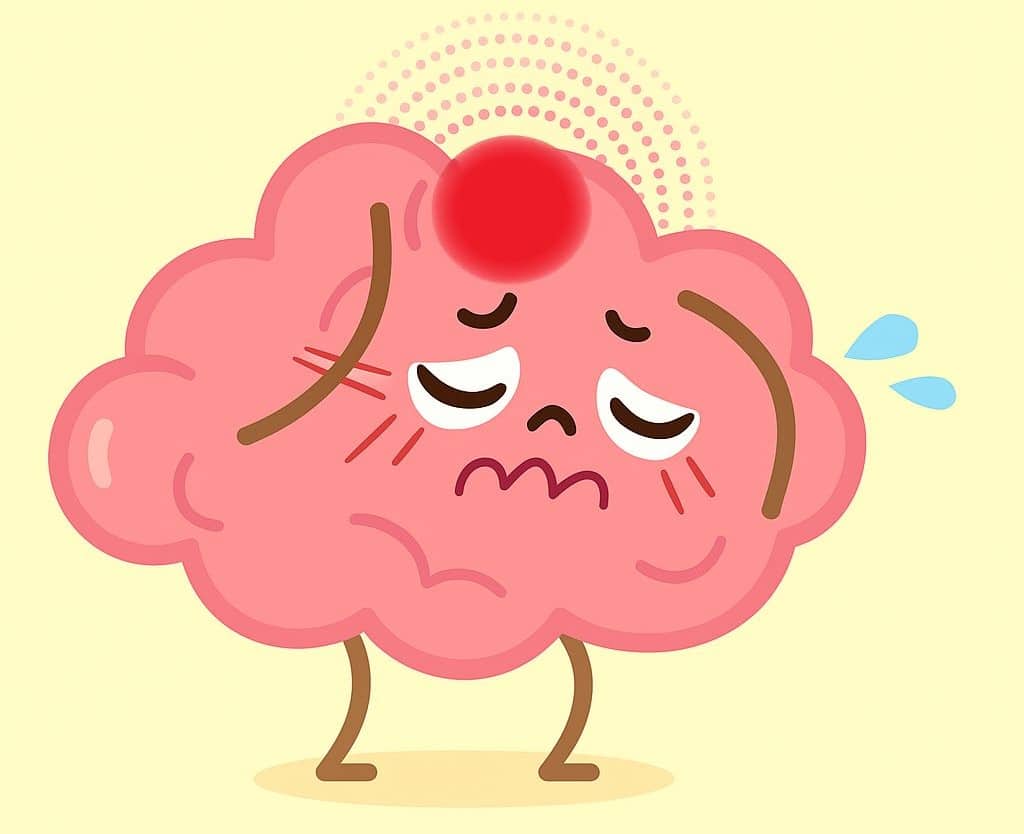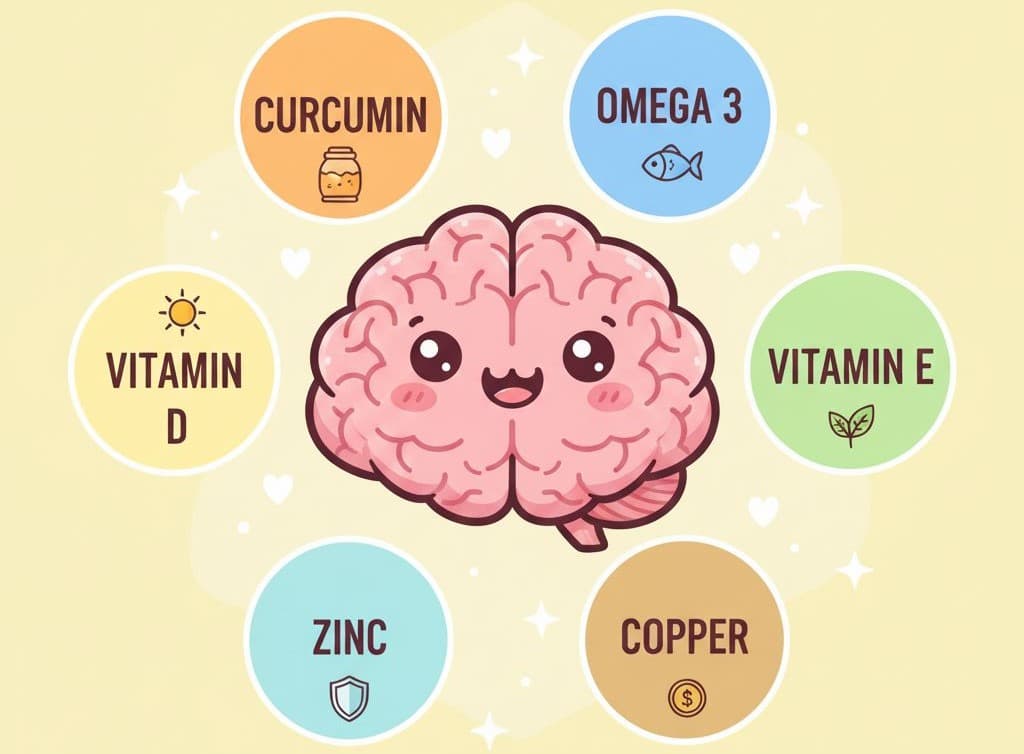The Vitamins and Minerals That Support Energy Indirectly
In the previous blog, we explored the vitamins and minerals that directly participate in ATP production, which is the process

Imagine sore muscles after exercising or swelling from an injury. That is inflammation, but inflammation is not always something we can see or feel. Because sometimes, it happens silently inside the body. Over time, chronic low-grade inflammation has been linked to a number of conditions, including heart disease, diabetes, and most importantly, cognitive decline.
The brain is protected by a barrier, the blood-brain barrier, designed to keep it safe. However, when the body experiences long-term inflammation, inflammatory molecules can interfere with this system, creating oxidative stress which damages the neurons. This process can accelerate age-related memory loss and has been associated with conditions like Alzheimer’s disease and dementia.
Chronic inflammation is a hidden driver of cognitive decline. Alongside regular exercise and adequate sleep, diet also play a huge role in keeping inflammation in check. Certain nutrients and minerals help fight back, offering a natural way to support long-term brain health.

These nutrients are found naturally in everyday foods, and the UK sets daily guidelines to ensure we get enough (but not too much) of the key nutrients.
Including these foods regularly in the diet provides natural anti-inflammatory support while also offering additional vitamins, minerals, and fibre.
Inflammation does not happen overnight, and neither does cognitive decline. But the choices we make each day, from what we eat to how we move and rest, can shape the trajectory of our brain health. By combining anti-inflammatory nutrients with a healthy lifestyle, we can give the brain the support it needs to stay sharp and resilient for years to come.
To receive our Newsletter of Research into Vitamins that may help Memory, reduce Tiredness and reduce the chances of Dementia, Alzheimer’s and Cognitive decline please leave your email address below.
In the previous blog, we explored the vitamins and minerals that directly participate in ATP production, which is the process
Feeling tired even after a full night’s sleep? Struggling with afternoon crashes, brain fog, or low stamina during workouts? While
We use cookies to enhance your browsing experience and to analyse our website traffic. We will not share any of your personal details.